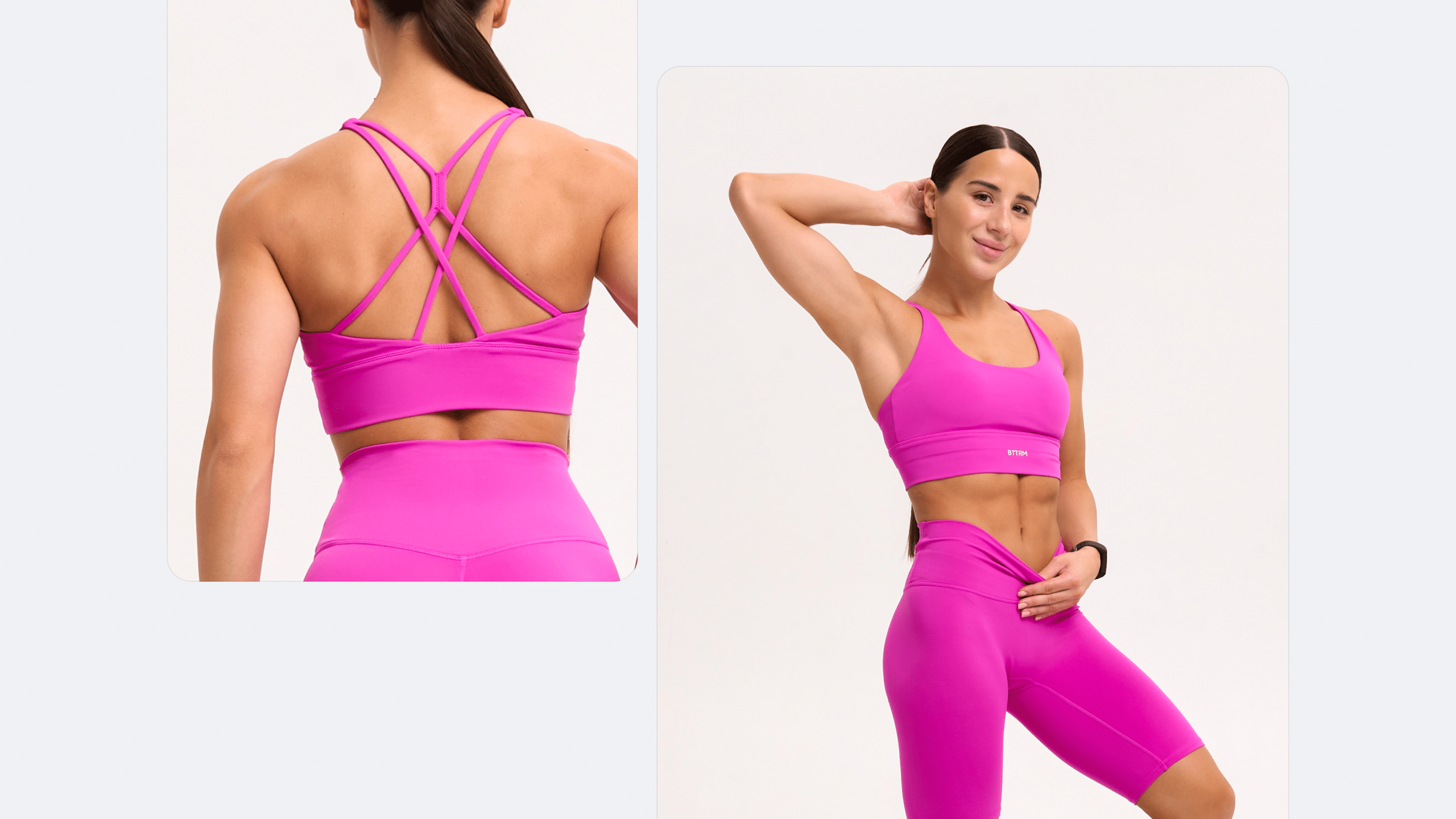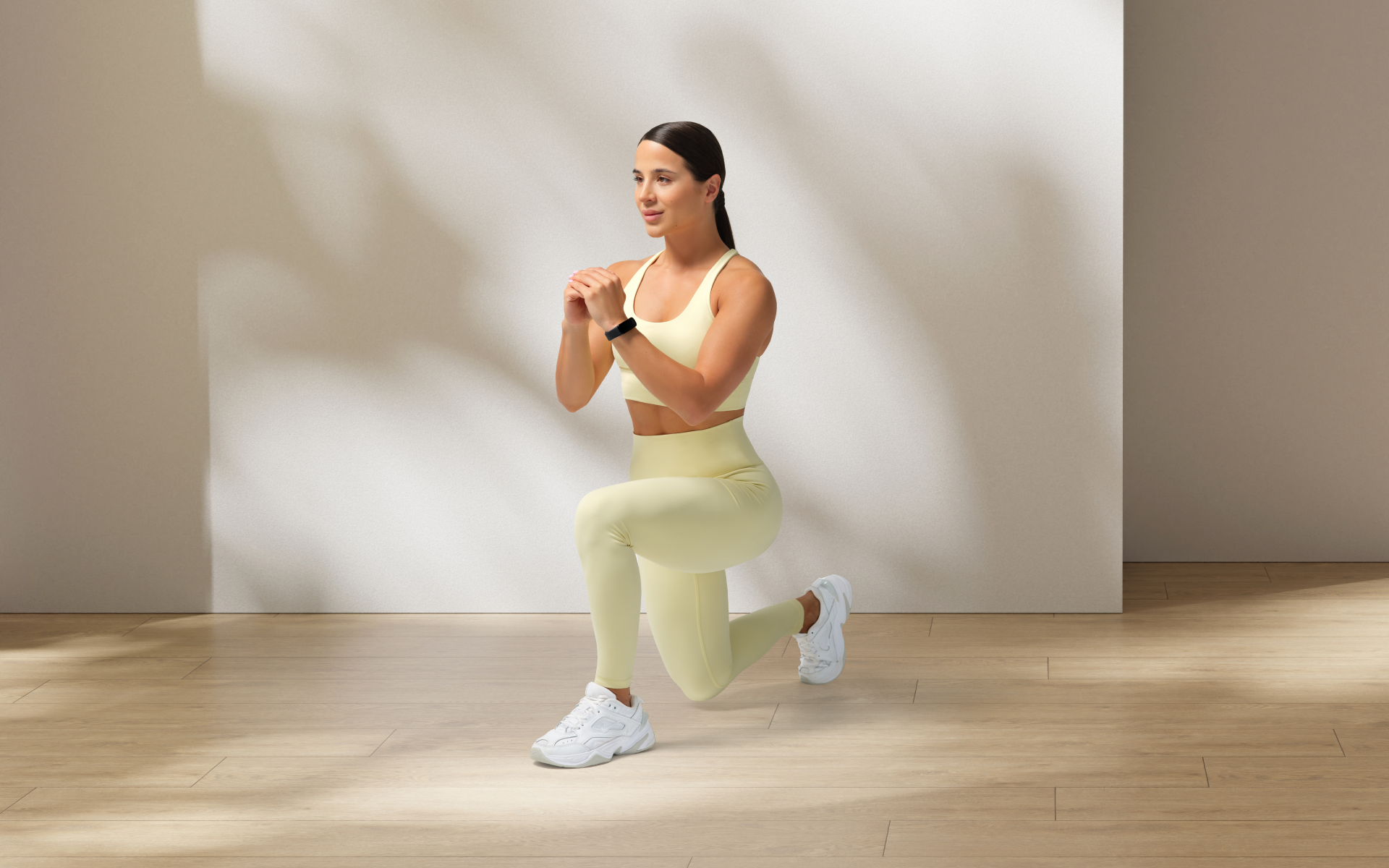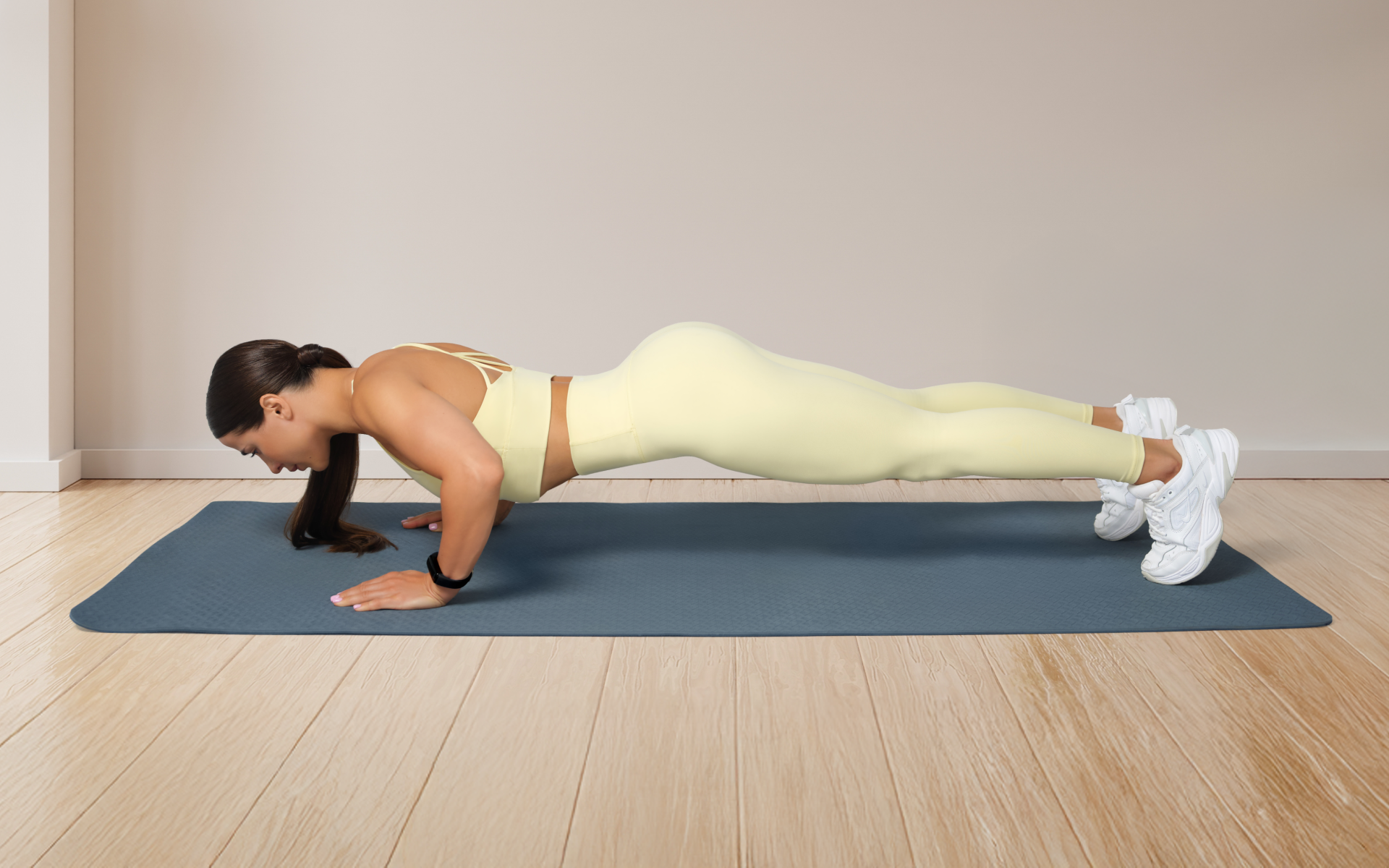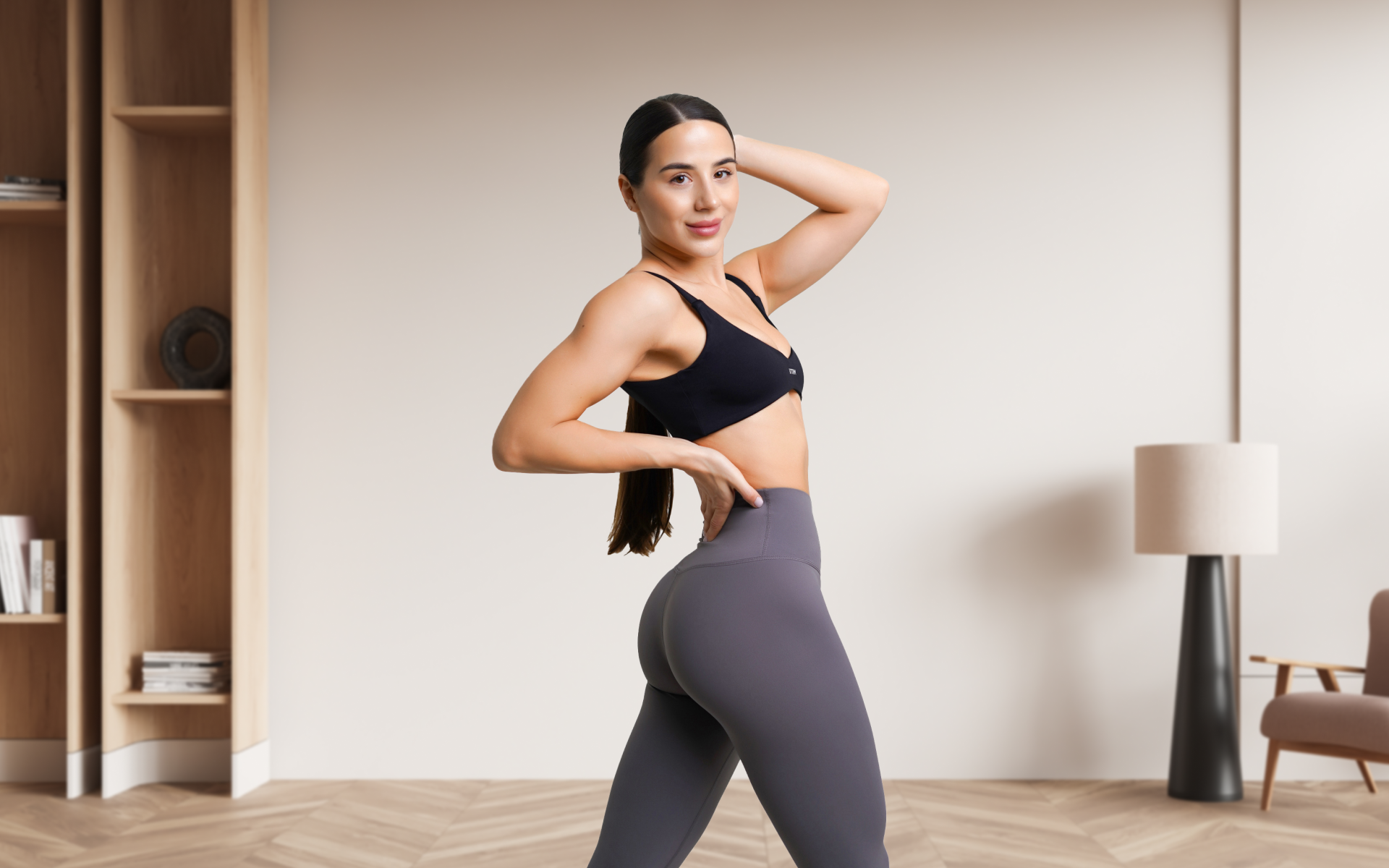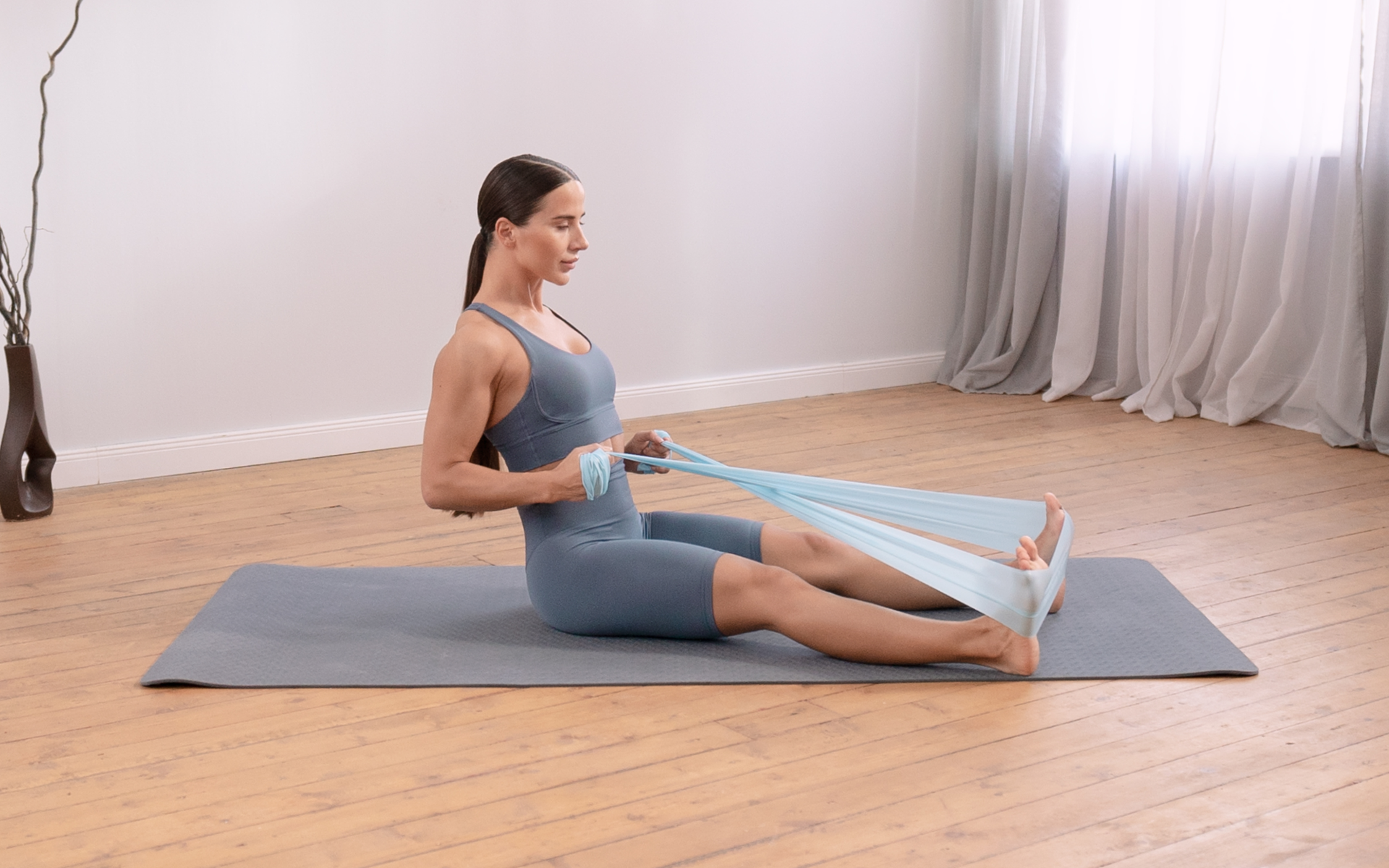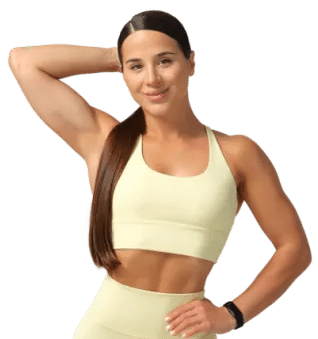The best calisthenics workout for legs offers an effective and accessible approach to building strong, toned lower body muscles using bodyweight exercises. This calisthenics workout focuses on a variety of movements to target different muscle groups, ensuring a well-rounded leg workout routine. As you progress through this program, you’ll experience a noticeable calisthenics leg transformation, proving that it’s possible to achieve impressive results without the need for heavy weights or expensive gym equipment. In this guide we’ll give you effective calisthenics leg exercises and provide helpful tips to ensure proper form and technique, setting you up for success.
Sample Calisthenics Leg Workout For Beginners
Here’s a sample beginner calisthenics leg workout that targets all the major muscle groups in the lower body. This calisthenics leg workout routine is designed to help you build strength, endurance, and muscle tone using only your body weight. Remember to warm up before starting the workout and stretch afterward to prevent injury (3).
1. Bodyweight Squats (3 sets of 10-15 reps)
- Stand with your feet shoulder-width apart.
- Lower your body by bending your knees and pushing your hips back until your thighs are parallel to the ground.
- Push through your heels to return to the starting position.
2. Lunges (3 sets of 8-12 reps per leg)
- Stand with your feet hip-width apart.
- Step forward with one foot and lower your body until both knees form a 90-degree angle.
- Push through your front heel to return to the starting position, then switch legs.
3. Glute Bridges (3 sets of 10-15 reps)
- Lie on your back with your knees bent and feet flat on the floor, hip-width apart.
- Lift your hips off the ground, squeezing your glutes at the top.
- Lower your hips back down to the starting position.
4. Step-Ups (3 sets of 8-12 reps per leg)
- Stand in front of a bench or sturdy platform.
- Step onto the bench with one foot, pushing through your heel to lift your body.
- Lower yourself back down and switch legs.
5. Calf Raises (3 sets of 15-20 reps)
- Stand with your feet hip-width apart, either on the ground or with your heels hanging over a step.
- Rise onto the balls of your feet, contracting your calf muscles.
- Slowly lower your heels back down to the starting position.
Read More: Calisthenics Workout 101: The Complete Guide To Bodyweight Training For All Levels
Tips For An Effective Calisthenics Workout No Equipment
To make the most of your no-equipment calisthenics workout, consider these non-generic tips that cater to specific goals and skill levels:
1. Structure Your Routine With Push-Pull Legs
A push-pull legs calisthenics workout allows for optimal muscle recovery and balanced training. Divide your workout days into pushing exercises (squats, lunges), pulling exercises (hamstring curls, glute bridges), and leg-focused exercises (calf raises, step-ups).
2. Challenge Yourself With Advanced Moves
To progress from a beginner to a hard calisthenics leg workout, incorporate some of the hardest calisthenics leg exercises like pistol squats, jump squats, and shrimp squats. These movements demand greater strength, balance, and mobility.
3. Prioritize Leg Day
Dedicate specific days of the week to a leg day calisthenics workout. Consistent focus on lower body exercises will lead to better results in terms of strength, mass, and overall performance.
4. Vary Your Goals
Design your leg day workout calisthenics with specific goals in mind. For example, focus on strength by performing slower, controlled movements with higher resistance, or target mass by increasing the volume (more sets and reps) of each exercise.
5. Add Weight To Your Workout
If you have access to weight vests or ankle weights, incorporate them into your calisthenics leg workout for mass and strength. While no-equipment workouts are great, weighted calisthenics leg workouts provide an additional challenge and stimulate muscle growth (2).
6. Incorporate Explosive Movements
Including plyometric exercises such as box jumps, broad jumps, and skater jumps in your explosive leg workout calisthenics helps develop power and agility, translating to improved athletic performance (1).
Yanking yourself back in shape has never been so easy with our game-changing fitness app! Start transforming your life with BetterMe !
Read More: The 28-Day Calisthenics Workout Challenge To Improve Your Fitness
FAQs
What Are The Best Calisthenic Leg Exercises?
Some of the best calisthenic leg exercises include bodyweight squats, lunges, glute bridges, step-ups, calf raises, pistol squats, and jump squats. These exercises target different muscle groups in the lower body for a well-rounded workout.
Can I Build Legs With Calisthenics?
Yes, you can build strong and toned legs with calisthenics. By consistently performing challenging bodyweight exercises that target various lower body muscles, you can achieve significant strength gains and muscle growth without the need for weights or gym equipment.
Do I Need To Train Legs For Calisthenics?
Yes, training legs is essential for a balanced calisthenics routine. Incorporating leg exercises ensures overall strength development, functional fitness, and injury prevention. It also helps maintain muscle symmetry and avoid imbalances in your physique.
How To Do Leg Day Calisthenics Regularly?
To do leg day calisthenics, create a workout routine that includes a variety of lower body exercises targeting different muscle groups, such as squats, lunges, and calf raises.
Dedicate specific days of the week to focus on these exercises, ensuring proper warm-up, cool-down, and stretching. As you progress, increase the challenge by adding more advanced exercises or increasing the number of sets and reps.
The Bottom Line
A calisthenics leg workout is an effective and accessible way to build strong, toned legs without the need for weights or gym equipment.
By incorporating a variety of exercises targeting different lower body muscle groups, you can achieve a well-rounded and balanced fitness routine.
Remember to prioritize leg training, challenge yourself with advanced movements, and listen to your body as you progress on your calisthenics journey.
DISCLAIMER:
This article is intended for general informational purposes only and does not serve to address individual circumstances. It is not a substitute for professional advice or help and should not be relied on for making any kind of decision-making. Any action taken as a direct or indirect result of the information in this article is entirely at your own risk and is your sole responsibility.
BetterMe, its content staff, and its medical advisors accept no responsibility for inaccuracies, errors, misstatements, inconsistencies, or omissions and specifically disclaim any liability, loss or risk, personal, professional or otherwise, which may be incurred as a consequence, directly or indirectly, of the use and/or application of any content.
You should always seek the advice of your physician or other qualified health provider with any questions you may have regarding a medical condition or your specific situation. Never disregard professional medical advice or delay seeking it because of BetterMe content. If you suspect or think you may have a medical emergency, call your doctor.
SOURCES:
- BENEFITS OF PLYOMETRIC TRAINING (n.d., ace-pt.org)
- Progression of volume load and muscular adaptation during resistance exercise (2010, nih.gov)
- Why Warming Up and Cooling Down is Important (2016, tricitymed.org)
